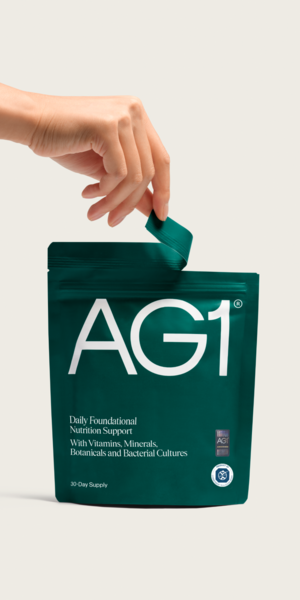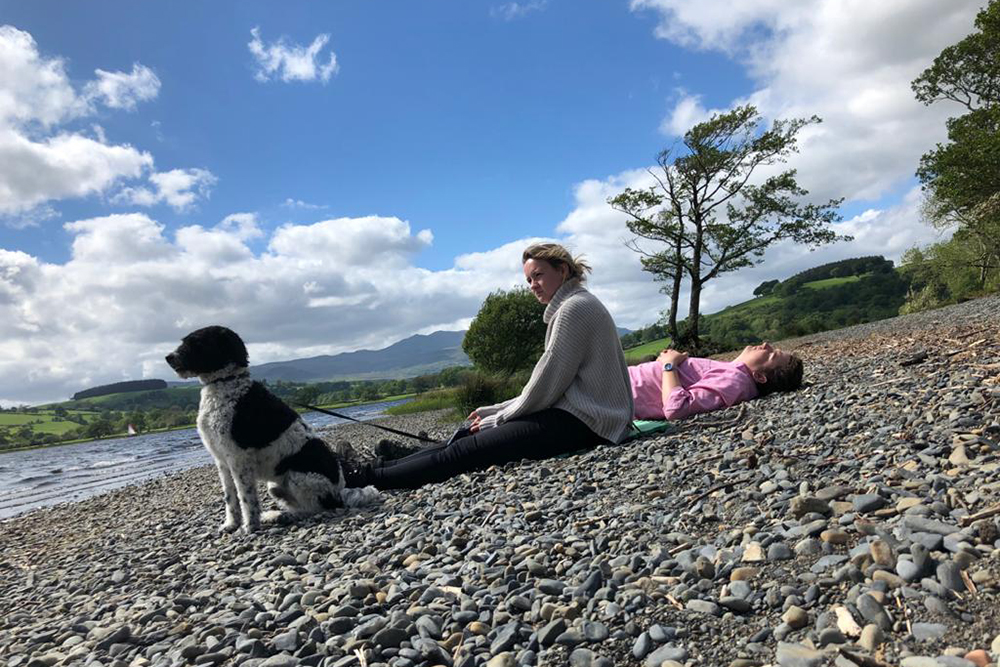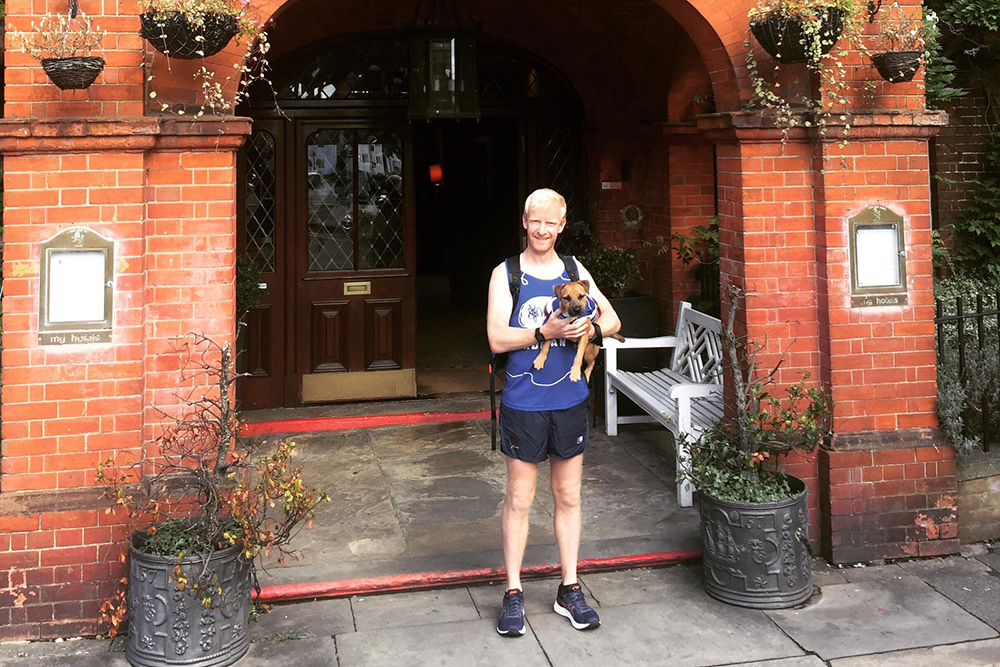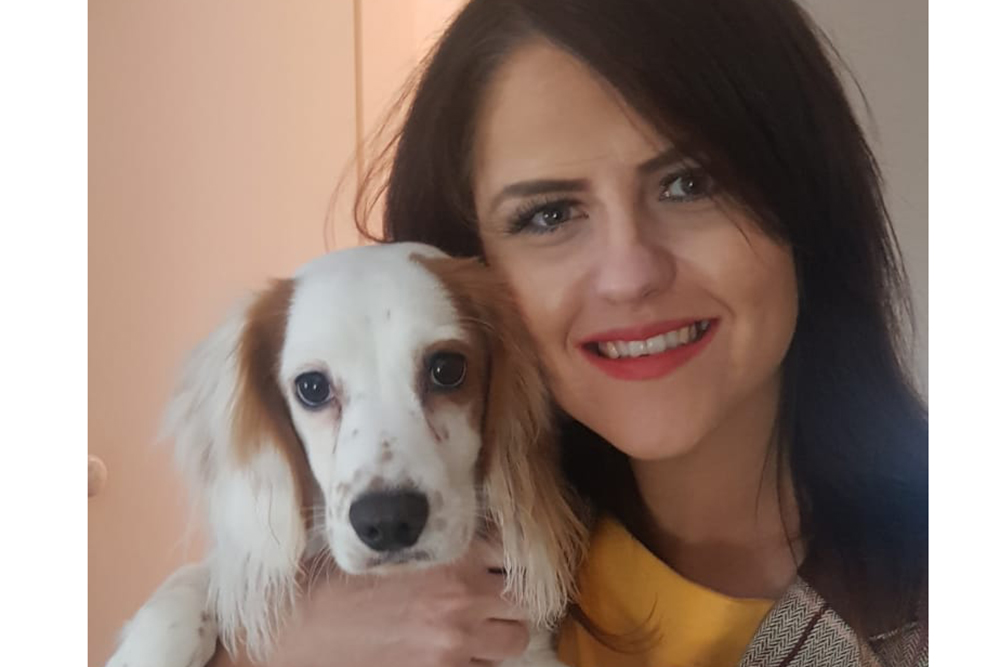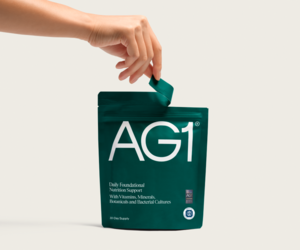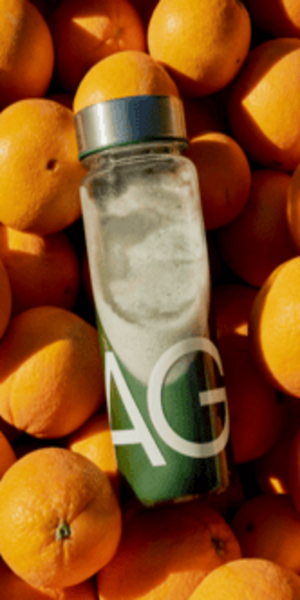How a pet pooch can change your life
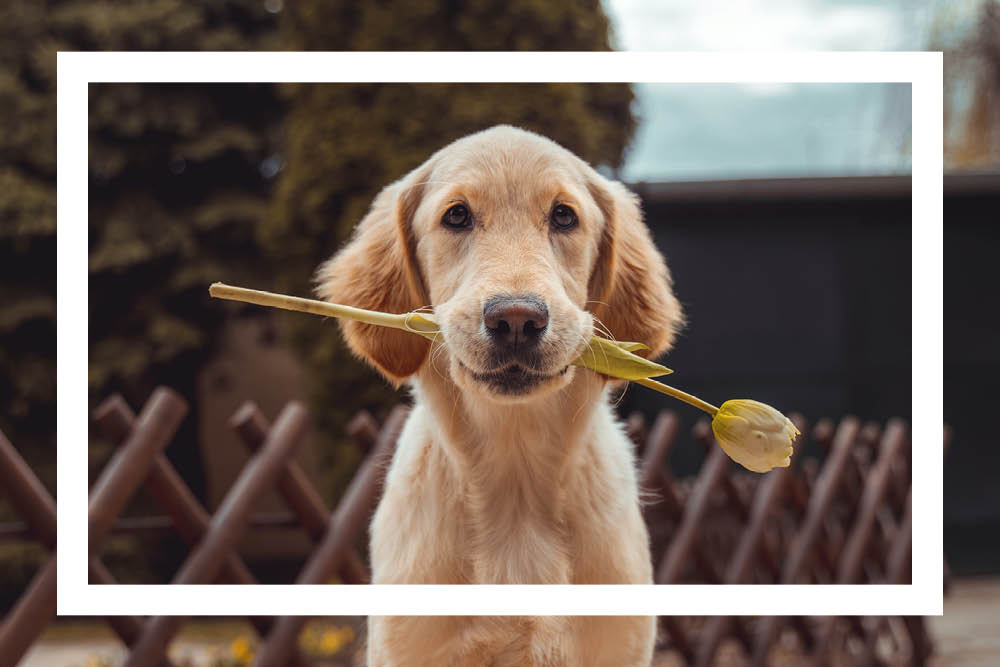
Dogs have long been man’s (and woman’s) best friend. It’s this very companionship that has such drastically positive effects on our happiness. But why does it exist in the first place? Why with dogs? And how do they help us?
There are ample answers to this. Perhaps behavioural scientist Dr Clive Wynne’s book Dog is Love: Why and How Your Dog Loves You holds the right one. Apparently it’s not a unique intelligence, but their love, that allows for the partnership. His research ‘shows how dogs’ brains, hormones, and even heartbeats reflect love for their special humans’.
Whatever the reason, it helps us humans a great deal. One study even concluded dog ownership was associated with a 24% risk reduction for dying early compared to nonownership and a 31% reduction for cardiovascular death. But it’s the real-life accounts that bring the bond of humans and their dogs to life.
BALANCE put this to the test and spoke to some canine carers to see how this bond, in day-to-day life, helps to brighten up their lives.
AMY AND EARNEST:
Amy Johnson, had to deal with the sudden death of her step-dad just after she’d moved out of her family home for the first time and was living on her own. She turned to therapy which she found extremely helpful. But, after being reliant on it for a couple of years, it was her new dog pal Earnest who enabled her to stop going to sessions.
She says: “I was going through an intense period of grieving and was also trying to work out what it meant to live on my own. I started getting quite a lot of agoraphobia. I didn’t want to go outside or near windows – it was a very strange time.”
It was when she moved in with her partner James that they decided to get a dog and labradoodle, Earnest was brought home – with a few (or many) gentle pushes from Amy.
So how did a canine companion help?
“When you have a dog you have to walk it which meant I had to leave the house and it wasn’t about me it was about what was best for the dog. You’re not thinking about yourself anymore, you’re thinking about how this tiny fluffy thing is going to thrive.
“When Earnest was tiny we would go for short walks together and it got me out of the house around six times a day. Then, as he got older and stronger the walks would get longer.
“As he was growing and learning, finding new smells and being curious, I was also getting used to going outside, socialising and bumping into other dog walkers. It’s a great way of having really friendly but brief conversations with strangers which is something quite tricky if you have any mental health issues.
“I suddenly realised that actually I was going and seeing my therapist who I adored but all I was talking about was the dog and how happy he was making me. There was very little left I felt I needed discussing after a while and so she said she thought the time had come to take a break and see how I feel. And I never went back.”
ADRIAN AND TEDDY:
Adrian White, is grateful for the mental health charity Mind and his dog for helping him with his anxiety. He showed his appreciation to the charity in the form of a sponsored run – and took Teddy with him (the vet gave them the all-clear). He wanted to show he was a man who wasn’t afraid to talk about his feelings and discussed mental health with the many people he encountered along the way. Adrian’s message even led to close friends surprising him by revealing suffering of their own, as they finally felt comfortable enough to talk.
During the journey, hotels were very generous, offering them free places to stay in support of the cause. One 5-star country mansion even laid out a dog bed, bowl and treats for Teddy’s arrival. The initial plan was to do an 800-mile loop of England’s canals and rivers, of which they did 250 miles due to Teddy stepping on a piece of glass. They still raised a well-deserved amount of more than £3,000 and had ample support from everyone behind them.
Adrian says: “When people mentioned anxiety to me before, my view of it then was something people inflated a bit and wasn’t much of a big deal. But then going through what I’ve been through and realising it’s anxiety-based, made me realise how much of a struggle anxiety issues can be.
“I’ve always been relatively physically fit, but wasn’t paying attention to how I was feeling and what was going on in my life. One therapist described it as a bucket filling with water and every time you have a stressful incident it fills with another drop. You get to the point where the water is at the top and then when one more stressful thing happens, it doesn’t need to be anything major, it boils over.
“It was a bolt out of the blue and very frightening. I didn’t really know what to do or where to turn and kept very quiet about it for a long time. I suffered in silence I suppose. Someone put me in touch with mind and it was then that I discovered dissociative disorder. It is a form of anxiety that is common but not super well known.”
How did Teddy help?
“A large majority of mental health issues are caused by negative thought patterns. Having a pet there, especially a dog, when you come in from work and they’re happy, have unconditional love and are wagging their tail… they’re a positive distraction from these negative thought patterns.
“With a dog you meet so many other people so you socialise with others which is, most of the time, good for your mental health.”
NATALIA AND COOPER:
Natalia Ashton was deeply affected by the passing of her previous spaniel Oscar – but when she found Cooper her love for life was reignited once again.
She says: “My beautiful boy Coop helped me overcome the sudden and heartbreaking loss of my beloved Spaniel. I don’t have kids, so Oscar WAS my baby. He died due to medical negligence within three days. My world collapsed and made no sense anymore.
“I didn’t want to carry on after he was gone until I saw the pup one day. And it changed everything. Coop gave me hope, mended my heart, helped me find my happy self, inspired me to learn about photography and both Coop and Oscar inspired me to write a book about spaniels.
“I dedicated it to Oscar, so his name could live on even after I’m gone. Coop is on its cover. My amazing boys changed the course of my life. We moved across the country, I studied dog nutrition (after being a human nutritionist for 15 plus years), I write and talk about dogs, I photograph them, I groom them and train them.”
GEMMA AND ODIN:
Gemma Birbeck first got Odin because her and her partner, both with children from previous relationships, wanted to give them something to care for that they had all chosen together. But the pup ended up helping her to combat the loneliness she experienced from being self-employed.
She says: “At first, I struggled with not having people around to partake in office banter, but Odin soon developed his hilarious personality and found new ways to entertain me. Having Odin around also encourages me to get out for a walk during lunch.
“Being self-employed and working from home means it’s very easy to forget to take a lunch break. When you have a dog bringing you his lead at midday, you have no choice but to remember.”
These accounts may pull on a few heartstrings and, if you’re struggling, inspire you to form a special bond of your own. But there is much to consider first – this should only ever be done responsibly. British owners have a legal duty to provide for their pet’s welfare needs.



